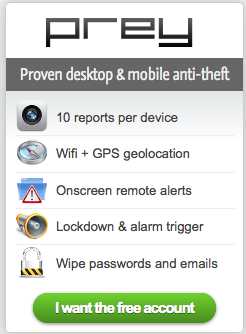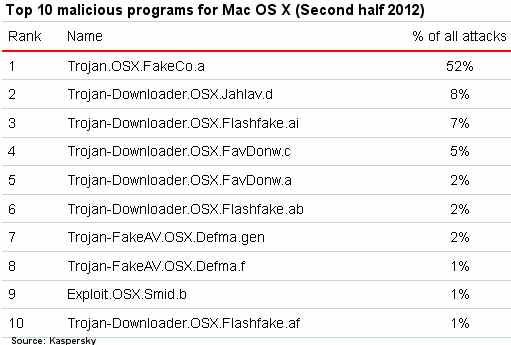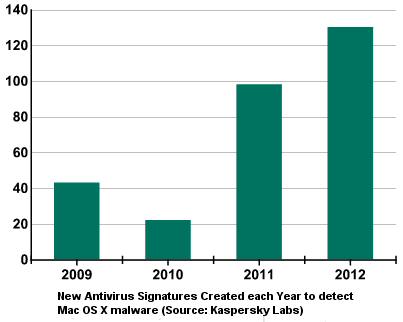
Microsoft has already started making life difficult for Windows XP users as the company gets ready to end support for Windows XP (and Office 2003) on April 8, 2014.
I recently got a preview of Microsoft’s non-support vis-a-vis Windows XP will be like.
I removed my hard drive from a legal copy of HP Windows XP Media Center Edition (purchased at the now dead Circuit City in 2005) and popped it into an old Acer machine whose hard drive had failed.
Since the hardware for the two computers was different, the Acer computer asked me to validate the copy of Windows XP. I tried doing it online but it didn’t work and the screen gave me a telephone number to call.
Since this is the era of outsourcing, my call went to India.
When I explained my activation problem, Microsoft’s activation center in India gave me an extremely hard time repeatedly refusing to help me in getting my legal copy of Windows XP activated on the new hardware (Acer).
Multiple excuses were offered by Microsoft’s activation team in India to refuse to activate my old Windows XP:
It’s an old product….Product key has exceeded the number of activations…..Windows has to live and die with the hardware.
None of the reasons were justifiable. Some like it’s an old product were outright illegal.
Plus, this was the first time I tried to activate Windows XP (when I bought the HP Windows XP Media Center Edition in 2005 it was already activated).
Only after more than 60-minutes of cajoling, pleading and escalating my requests through the support chain was I able to get my legal copy of Windows XP activated on the Acer computer.
My difficult time with Windows XP is a harbinger of what other XP users can expect starting April 9, 2014.
Only amplified a million times because of the absence of any support.
Windows XP – Security Nightmare Coming
Since Windows XP was the last fully baked operating system without too many issues, millions of customers sat on the sidelines when Microsoft released subsequent versions of its operating system – Windows Vista, Windows 7 and Windows 8.
Nearly 34% of desktop computer users were still running Windows XP in August 2013.
The majority of computer users in China and India are on Windows XP.
If customers don’t upgrade to newer versions of Windows and newer hardware, then Microsoft and its hardware partners like Dell, HP, Acer, ASUS and Lenovo won’t make money. One of the reasons the PC market is in a big slump today is that customer upgrade cycles are getting longer.
To ensure that customers get the message on upgrading, Microsoft has been driving home the point that after April 8, 2014 Windows XP users will not get new security updates, non-security hotfixes, Windows updates, free or paid assisted support options (there’s been some backtracking on the support but at a very high cost of $200 per PC per year) or online technical content updates.
In other words, Windows XP customers are screwed from April 9, 2014.
As Microsoft’s Director of Trustworthy Computing Tim Rain wrote in the company’s security blog last month:
The very first month that Microsoft releases security updates for supported versions of Windows, attackers will reverse engineer those updates, find the vulnerabilities and test Windows XP to see if it shares those vulnerabilities. If it does, attackers will attempt to develop exploit code that can take advantage of those vulnerabilities on Windows XP. Since a security update will never become available for Windows XP to address these vulnerabilities, Windows XP will essentially have a “zero day” vulnerability forever.
In short, a security nightmare awaits Windows XP users starting April 9, 2014.




